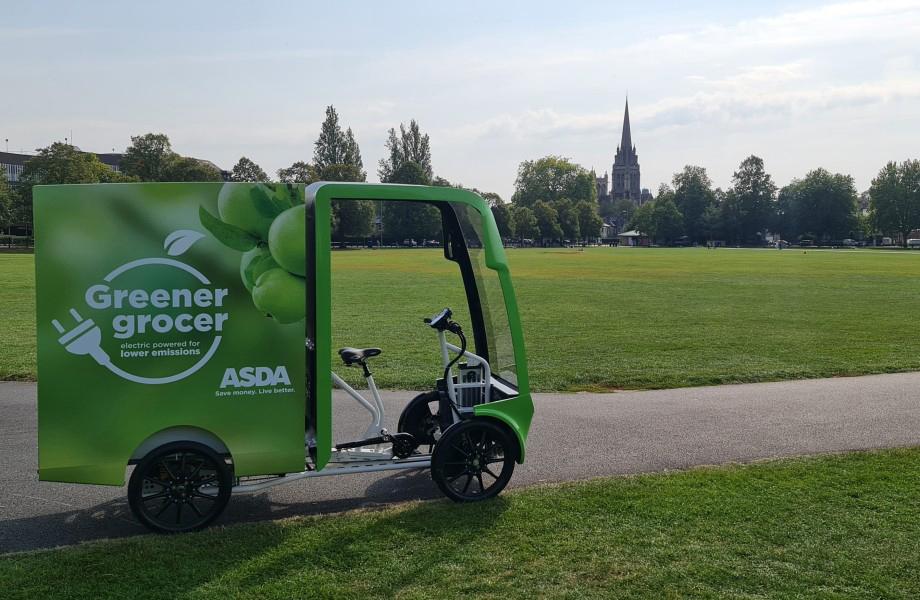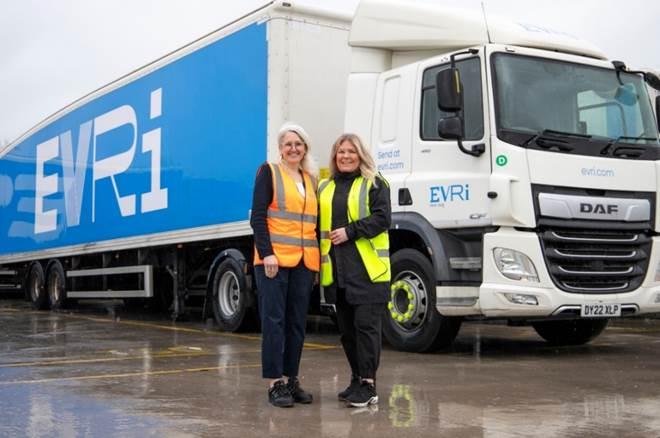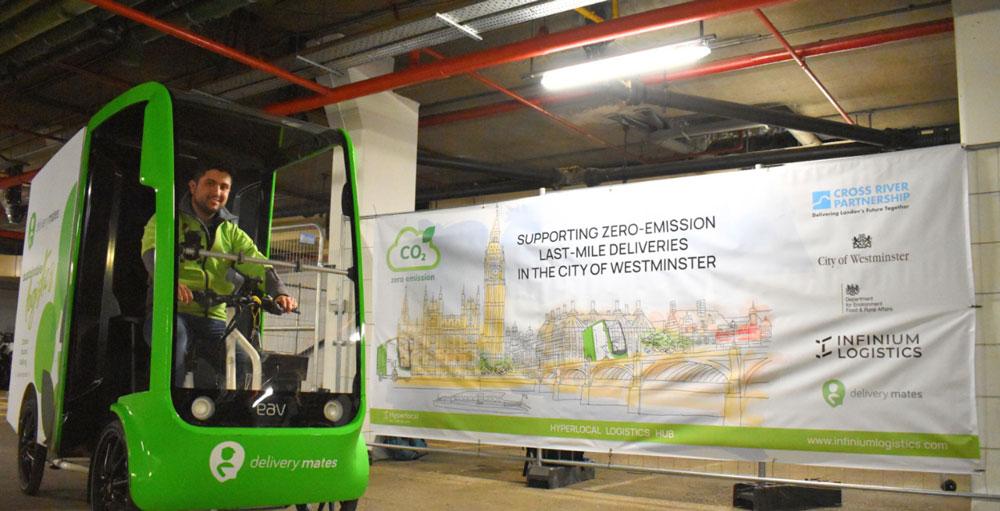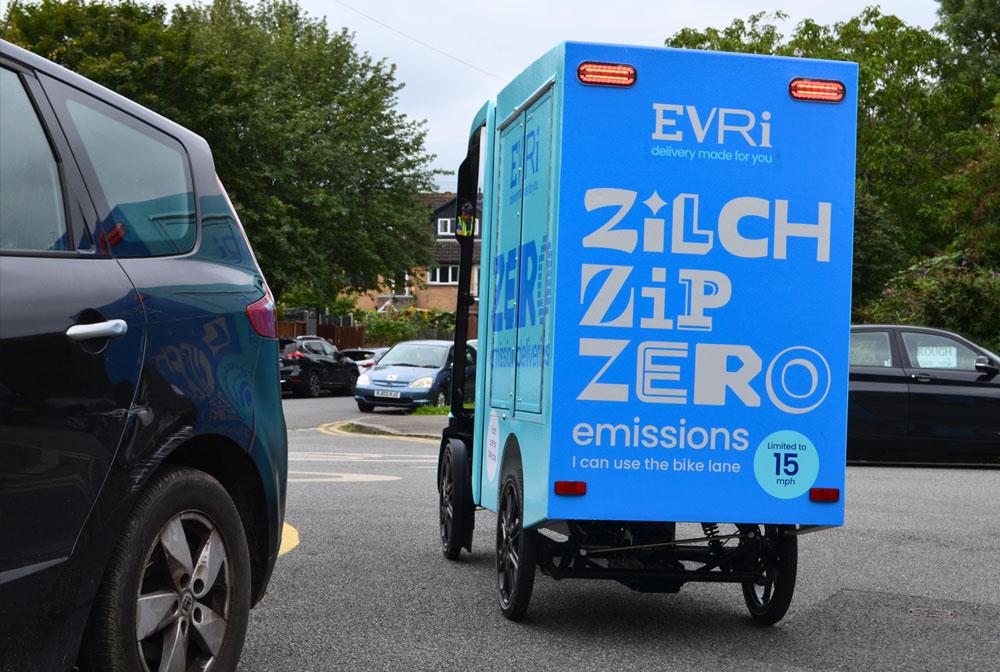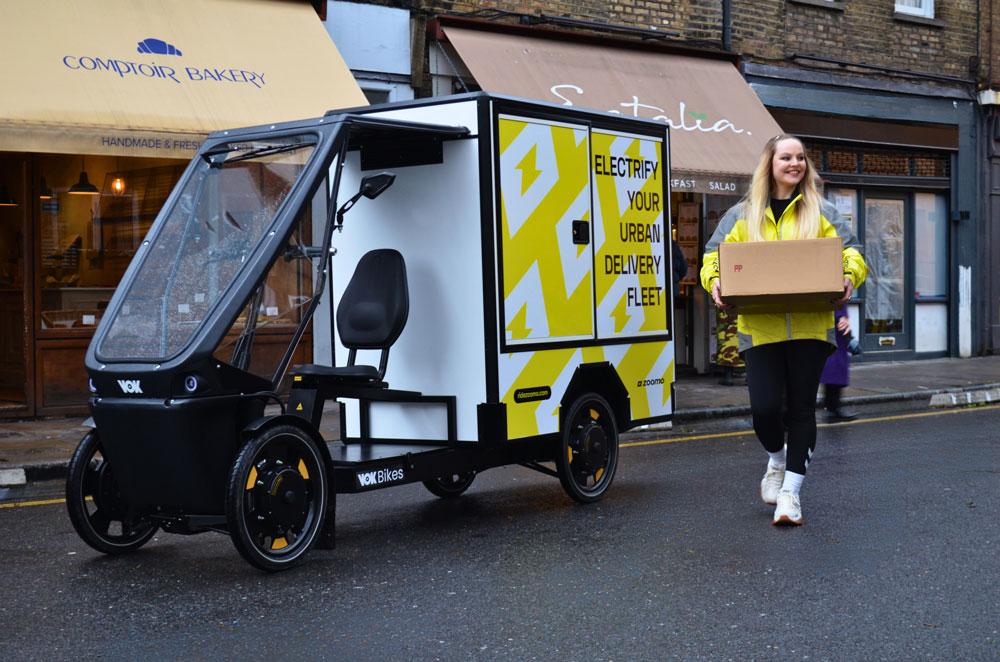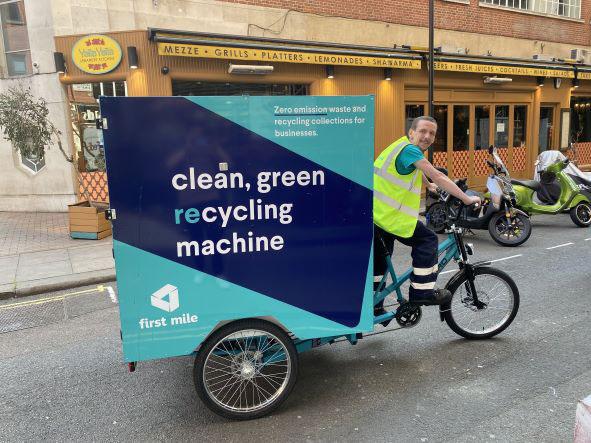2020 has been a busy year for cargo bikes in the UK. Richard Armitage shows how cargo bikes and cycle logistics are becoming a more common sight as businesses and councils start to green their fleets in earnest
Specialist cargo bike dealers are experiencing a significant uptick in interest, with enquiries coming in thick and fast.
Yes, the government grants in England and Scotland have helped increase cargo bike uptake immensely – more on this below – but the sales leads are coming in regardless and from all quarters. “I’m using a diesel van for my grounds maintenance contracts but it’s at the end of its life,” one company director told me. “I’ve been looking around online and I’m thinking I could replace it with a cargo bike and trailer.” Another wondered if he could run his film and photography support company without a car or van in a heavily-congested city, especially with clean air zone restrictions coming in. The answer is, of course, yes.
Energy Saving Trust grants
Many have taken advantage of the Energy Saving Trust (EST) eCargo Bike Grant Fund. It closed for applications in March 2020, with 164 grants offered for 691 ecargo bikes and etrailers. Despite Covid disruption, the grants are now being spent and many new ecargo bikes and trailers have been delivered.
Colchester Borough Council ordered 25 ecargo bikes and five etrailers with their £136,000 EST grant. Their Carla Cargo electric assist trailers were delivered in mid-July, with the rest of their new fleet following on.
Emily Harrup, transport and sustainability projects officer at the council, is distributing the fleet via 10 champions (local businesses and organisations) and four council teams, with the remainder of the fleet in the new cargo bike library.
In return for Colchester Council making an ecargo bike available on a five-year loan, Emily has drawn up a comprehensive agreement laying out the roles and responsibilities of bike recipients, covering insurance, secure storage, rider training, operational data collection and other reporting requirements, warranty, and maintenance.
Presenting the Colchester scheme to the Landor LINKS Green Transport Recovery webinar in August, Emily described how the Ecargo Bike Library service fits into the council’s polices on the climate emergency, cycling and all other aspects of transport and travel.
Bedford Borough Council has received a Bullitt ecargo bike and a Carla Cargo etrailer from local independent dealer, Flamme Rouge Cycles.
Milton Keynes Council has commissioned its EST ecargo fleet from Fully Charged’s Silverstone branch and deliveries have commenced.
In Exeter, a consortium lead by Devon County Council and Exeter City Council has taken delivery of over £50,000 of ecargo bikes and etrailers, supplied by Manchester Bike Hire. Co-cars, a thriving Exeter-based co-operative social enterprise, has organised the acquisition of the fleet, as well as deploying some ecargo bikes into its own cycle logistics operation, Co-Delivery.
During lockdown Co-Delivery has provided Exeter’s city centre businesses with a local home delivery service, helping them to keep selling in the run up to Christmas. This delivery round included soap, craft supplies and video games, keeping Exeter clean, creative and entertained during lock down.
In Southampton and Winchester, Zedify – the growing network of city logistics operators lead by founder Rob King – has just taken delivery of an electric assist Carla Cargo trailer. The trailer has been adapted by Manchester Bike Hire, with a frame built from aluminium profiles, covered with a heavy-duty nylon-reinforced PVC tarpaulin manufactured in Northern Ireland by Cunningham Covers. The trailer flatbed is designed to take four eurocrates and this adaptation takes a stack five crates high, giving a payload of up to 20 crates and 150kgs.
Last mile deliveries
Transport for London’s Freight and Servicing Action Plan was published in March 2019. With a ZED Waltham Forest Cycles Maximus cargo trike on the front cover, it highlighted the role cycle logistics can play in transforming last mile deliveries. Since then, Michael Barratt, TfL’s energetic development impact assessment manager, has focused construction logistics firm’s minds on ecargo bikes, supported by cycle logistics company PedalMe. FM Conway is just one of the firms who are now trialling them in real-world conditions, using an Urban Arrow ecargo bike in central London.
In the courier and express parcels sector, cargo bikes continue to grow in importance. At UPS, they have developed more cargo bike based services in Dublin this year by teaming up with Trinity College Dublin. At the university’s city centre campus, a UPS ‘urban eco package hub’ will act as a mini distribution centre for parcel deliveries, which are now distributed on foot and via UPS electrically-assisted cargo cycles. Meanwhile, Trinity students and staff can collect their online shopping parcels on campus any time of day or night thanks to newly installed lockers operated by UPS’ Parcel Motel service.
Staying in Dublin, An Post, the postal service, has taken delivery of 120 Radkutsche Musketier cargo trikes, supplied by Olivier van der Elst of bike dealer GreenAer.
Accessing pedestrianised areas
In October 2020, Oxfordshire-based EAV and Asda announced a two-week trial of the EAV four-wheel ecargo bike, making home deliveries from Asda’s Cambridge store. The supermarket is looking at how to reach customers who live in proposed pedestrianised areas and zero emission zones where future access for traditional delivery vehicles could be limited. Weighing in at just 150kgs, the EAV can reach speeds of up to 15mph and has an ultra-lightweight chassis made of a bio-recyclable flax and carbon composite.
Simon Gregg, vice president of online grocery at Asda said: “It was great to see the reaction to the e-bike when we took it out on the road. It was really well received and definitely was a talking point at the store and with our customers.
“As we look to the future of retail we have to consider new and innovative ways to continue to offer great service to our customers whilst navigating things like low emission zones and pedestrianised areas. A solution such as this would allow us to get into town and cities where access is limited, using either roads or cycle lanes.
“It’s been great to collaborate with the team at EAV and put their eCargo vehicle to the test.”
In 2019, EAV supplied 10 of its four wheel ecargo bikes to parcel courier DPD for long-term tests.
Dwain McDonald, DPD’s CEO commented: “This is an entirely new type of vehicle and is designed specifically to meet the current challenges for delivery firms in the urban environment. The early trials show that the vehicle is performing really well and clearly has potential to be more efficient for us than traditional vans in certain locations.
“It is highly manoeuvrable, can carry a good day’s worth of parcels and can often get closer to delivery addresses than the vans. We know that the environment and climate change matter more than ever to our clients and the feedback we get when we share our EV vision with them is really positive.”
Cargo bike eco system
Looking ahead, a wider cargo bike and cycle logistics ‘eco system’ is starting to emerge. It is no longer just about supplying the ecargo bikes. The business or organisation wanting to deploy them expects easy access to the eco-system, including insurance, maintenance, repair, accessories and bespoke adaptations, branding, finance and replacement units on demand.
Cargo bike rider training is one area attracting attention. Zedify has developed an in-house training package for its riders. London-based PedalMe has had their rider training course accredited by City & Guilds.
Zedify’s training is delivered by Gary Armstong, who also meets requests to run training sessions elsewhere. Gary works part-time as the training manager at European Cycle Logistics Federation (ECLF). ECLF is a partner in the EU funded City Changer Cargo Bike Project, for which Gary has created a set of free online webinars, with pre-recorded presentations, which he can arrange for businesses and organisations on request.
The eco-system underpinning the growth in cargo bikes also includes developments already well established in the light van sector but new to cargo bike manufacturers and promoters.
The European standards organisation (CEN) cycling committee (TC333) has a new Working Group (WG9) that started developing industry standards for cargo bikes at its first meeting in Delft, the Netherlands, in January 2020.
At the November WG9 online meeting, delegates from the EU and the UK were presented with the first European cargo bike market survey results (over 50 per cent growth per year 2018 and 2019 and more to come) and the initial results of a survey of cargo bike operators about safety. The surveys form part of the City Changer Cargo Bike programme and were conducted by trade body Cycling Industries Europe.
The world of cargo bikes promises to be busier still in 2021.
Richard Armitage FCILT is executive director of the trade association, European Cycle Logistics Federation (www.eclf.bike and www.cyclelogistics.eu). Richard is a director of Manchester Bike Hire (www.manchesterbikehire.co.uk) which supplies bikes for businesses and organisations, such as staff ebike fleets and cargo bikes or trailers.

